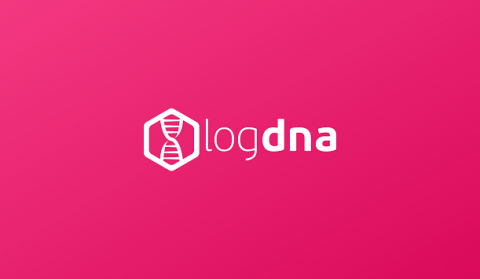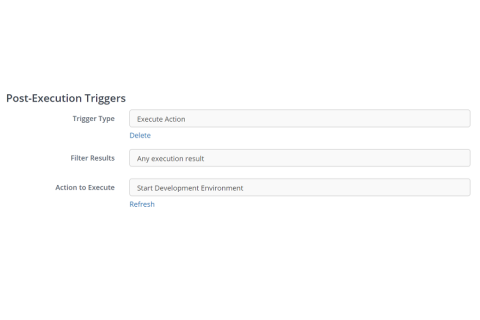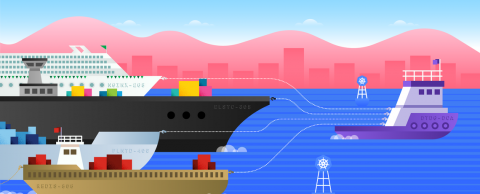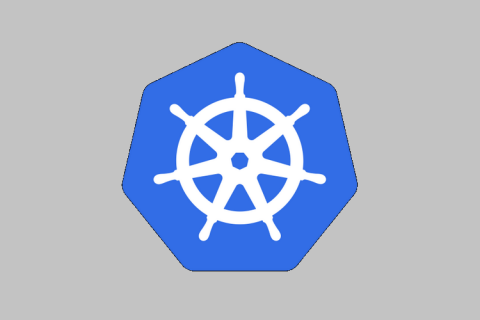Operations | Monitoring | ITSM | DevOps | Cloud
DevOps
The latest News and Information on DevOps, CI/CD, Automation and related technologies.
The Differences Between Monitoring Containerized Apps and Non-Containerized Apps
Containers provide a nifty solution to package up applications along with their dependencies, and for the whole encapsulated process to be run on a host system. This technology is undeniably popular due to its ability to allow developers to create flexible, scalable, reliable solutions in a quicker amount of time. It has enabled more freedom in choosing the technology we use in our applications and has brought development and production environments closer to parity.
Should you become a DevOps engineer?
While there are plenty of articles aiming to instruct newbies on “how to become a DevOps engineer”, none of them answer a simple question – should you become one to start with? For me, it’s been a long and winding journey to becoming what is called a Site Reliability Engineer (SRE). The journey was unplanned, and for each step, I had to figure out what I want my next challenge to be and how to achieve it.
Post Action Execution Triggers
Now you can trigger events when your action executions complete. This new feature gives you more flexibility and options when it comes to your action executions. With post-execution triggers, more advanced workflows are now possible.
Introducing the Datadog Cluster Agent
As containers and orchestrators have surged in popularity, they have created highly dynamic environments with rapidly changing workloads—and the need for equally dynamic ways of monitoring them. After all, orchestration technologies like Kubernetes, DC/OS, and Swarm manage container workloads both at the node level and at the cluster level, which means that you need to gather insights from every layer to fully understand the state of your infrastructure.
Challenges and Solutions for Scaling Kubernetes in the Hybrid Cloud
When traffic increases, we need to have a way to scale our application to keep up with user demand. With Kubernetes multi-cluster management through Rancher, scaling has never been easier and more efficient. Read here about scaling Kubernetes and the challenges you might be facing when managing a hybrid cloud environment.
5 places cron jobs live in Linux
It might surprise you that the version of cron that runs on your server today is largely compatible with the crontab spec written in the 1970s. One downside of this careful backwards compatibility is that jobs, even on the same server, can be created and scheduled differently.
Unsung IT Ops and DevOps heroes are finally getting their due!
IT Ops and DevOps teams in every organization are capable of focusing on revenue-generating initiatives and projects. Unfortunately they’re held back by constant fire-fighting…which means they are reduced to supporting just the current state and existing/legacy applications and services.
EKS vs. KOPS
In the past, applications would be deployed by installation on a host, using the operating system package manager. This was a heavy solution with tremendous reliance on the operating system package manager and increased complexity with libraries, configuration, executables and so on all interconnected. Then came containers. Containers are small and fast, and are isolated from each other and from the host.











